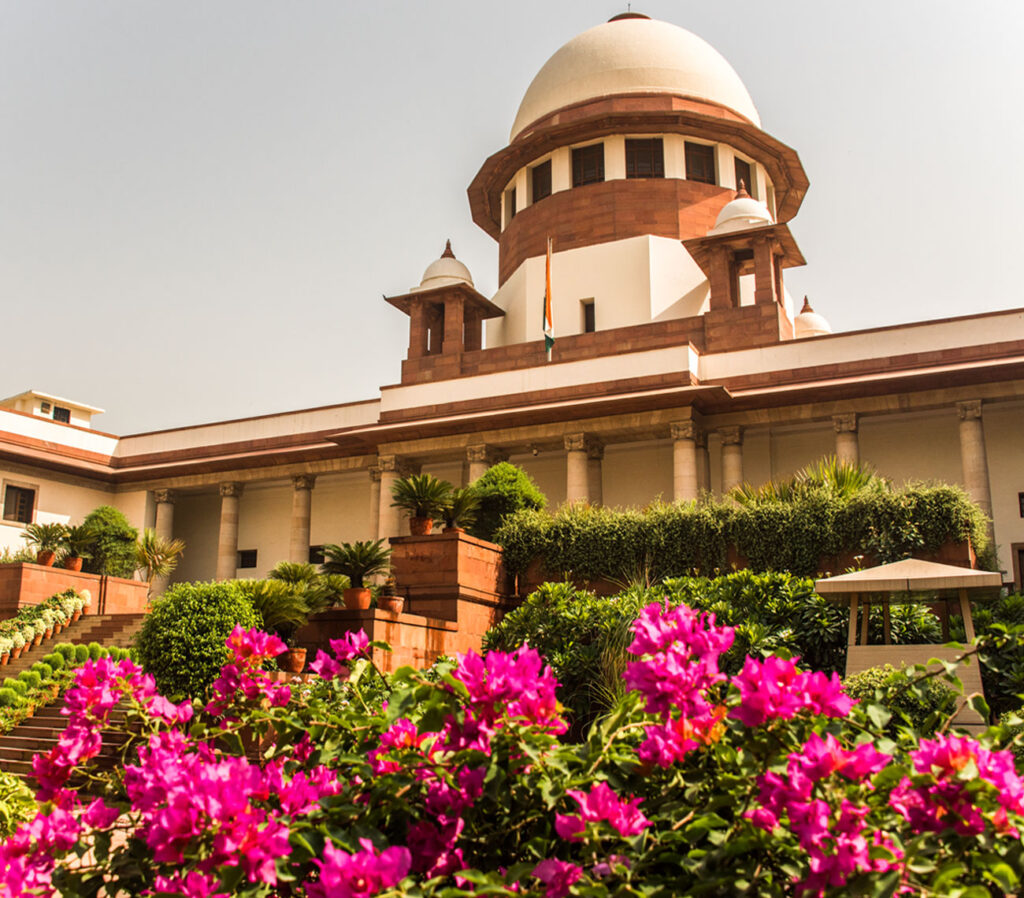New Delhi, Feb 13.
The government on Monday claimed in the Supreme Court that its regulatory body and statutory regime were adequate to deal with the after-effects of any Hindenburg kind of expose’, which wiped off thousands of crores of Adani investors overnight, but agreed to have an expert committee to examine the issue at length as suggested by the court.
The government, however, warned the top court that the remit of any such committee would have to be very “limited” lest the fact that the court was “monitoring” the situation send an “unintentional message” to international investors and “adversely impacts the flow of money” into India.
Towards this end, the government said, it would suggest names of subject experts who could be part of the panel in a sealed cover.
Solicitor General Tushar Mehta said that the government would suggest the possible remit of the panel and the probable names by Wednesday. “In all propriety it may not be appropriate to hear this in open court,” he said. “We will apply our mind to the remit of any such panel,” he assured the court. The case will be heard again on Friday, Chief Justice of India D.Y. Chandrachud said.
At the outset, Mehta contended that market regulator SEBI and the statutory regime were “fully equipped to take care of situation”. “We are responding to the situation. However, we have no objections to constitution of a committee,” he said.
The government was responding to a court suggestion on Friday to reassess its existing regulatory mechanism in the light of the Hindenburg report, which led to a free fall in the prices of Adani shares and led to huge losses to investors and a fall in the Nifty and Sensex, and suggest ways and means to further strengthen the regime.
A bench led by CJI D.Y. Chandrachud was dealing with two petitions filed regarding the Hindenburg report, one by lawyer Manoharlal Sharma and another by lawyer Vishal Tiwari. Sharma sought criminal action against those responsible the developments while Tiwari sought an independent probe by a judge.
The bench, also comprising Justices P.S. Narasimha and J.S. Pardiwala, had said told SEBI that the stock market was no longer the preserve of the wealthy few, rather it was an attractive investment option for the middle class too.
The loss to the investors has been (estimated) around Rs 10 lakh crores, CJI Chandrachud observed. This was worrying when seamless capital flow is the norm and everyone is an investor, he had said. “How do we ensure that this doesn’t happen in the future? What role should be envisaged for SEBI in the future?” the CJI had asked SEBI, represented by Mehta.
The bench clarified that it was not casting any doubts over SEBI’s regulatory processes or the existing regime, but only wanted to prevent a repeat of such things in the future. The CJI called for an evaluation of the existing regulatory regime, the relevant causal factors behind the recent developments and a recasting of the procedures to plug such happenings.
In this context, the CJI had called for immediate consultations with experts from the securities markets, former judges, and international finance law.

